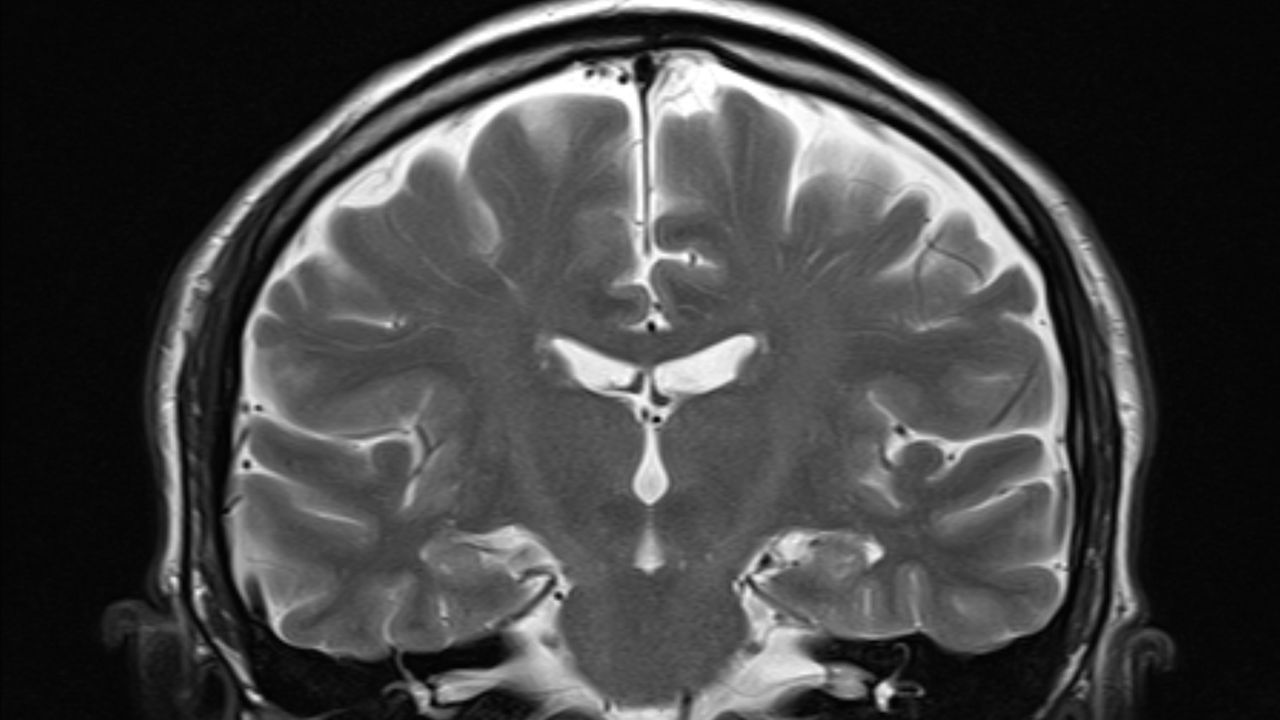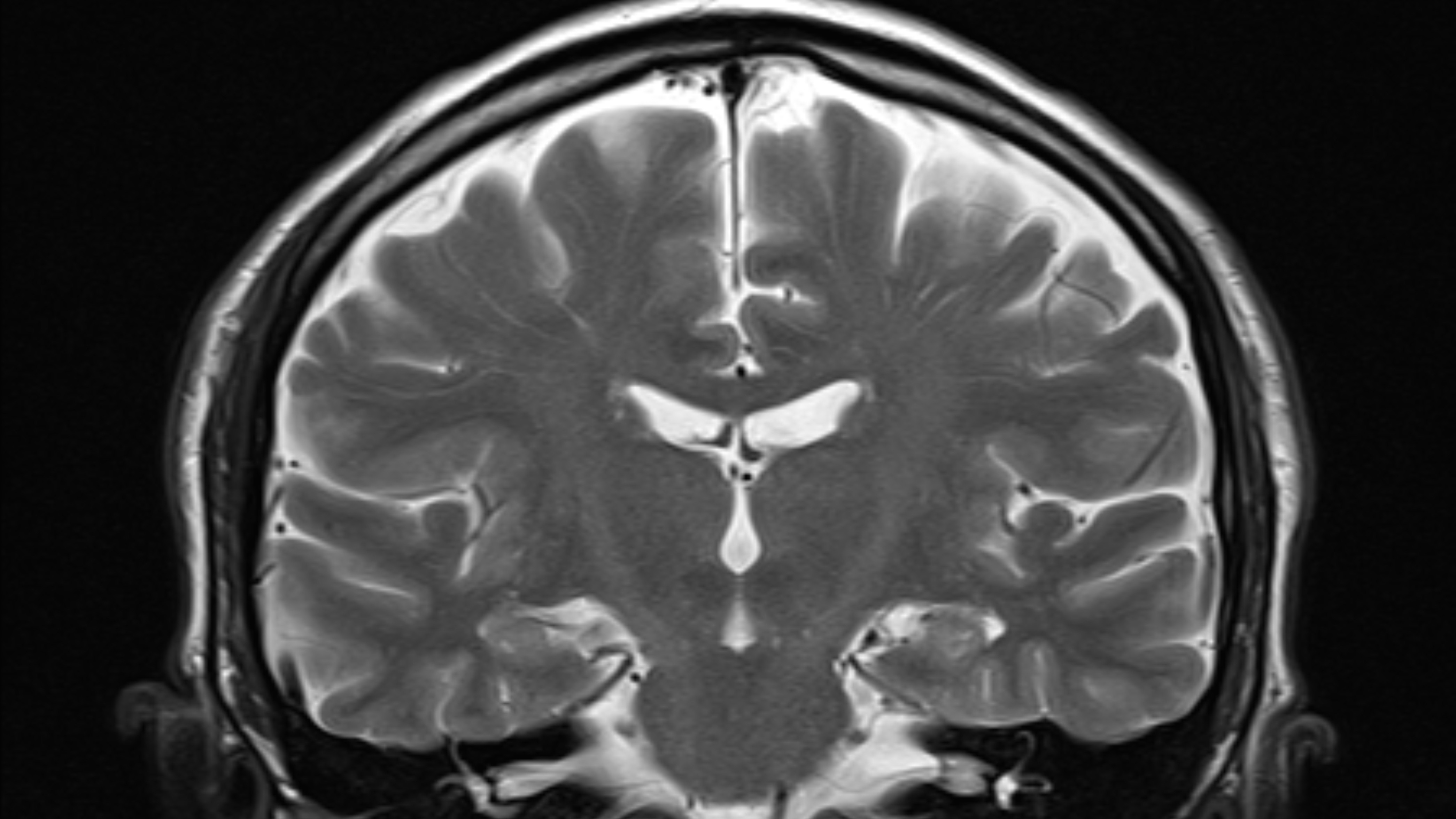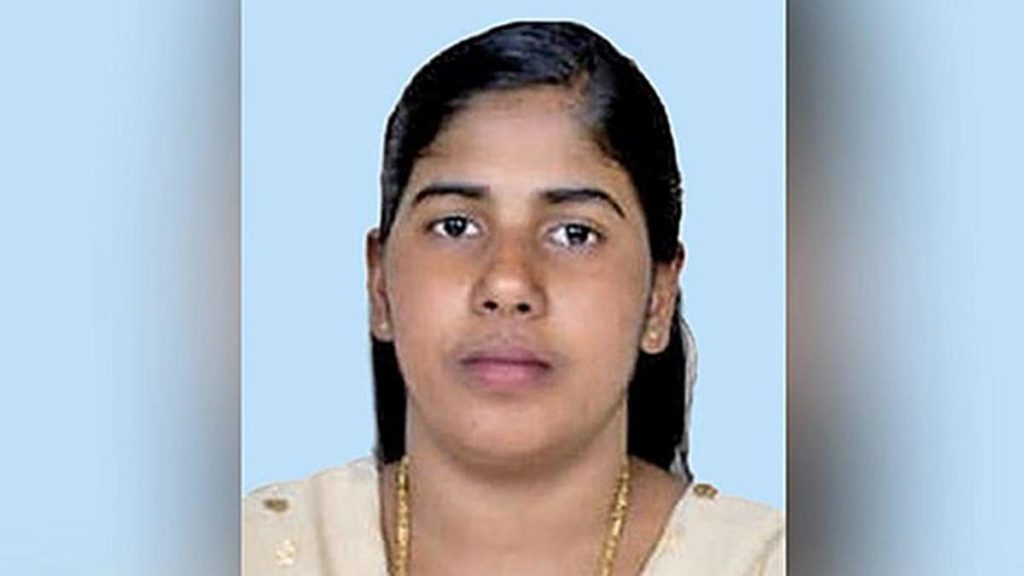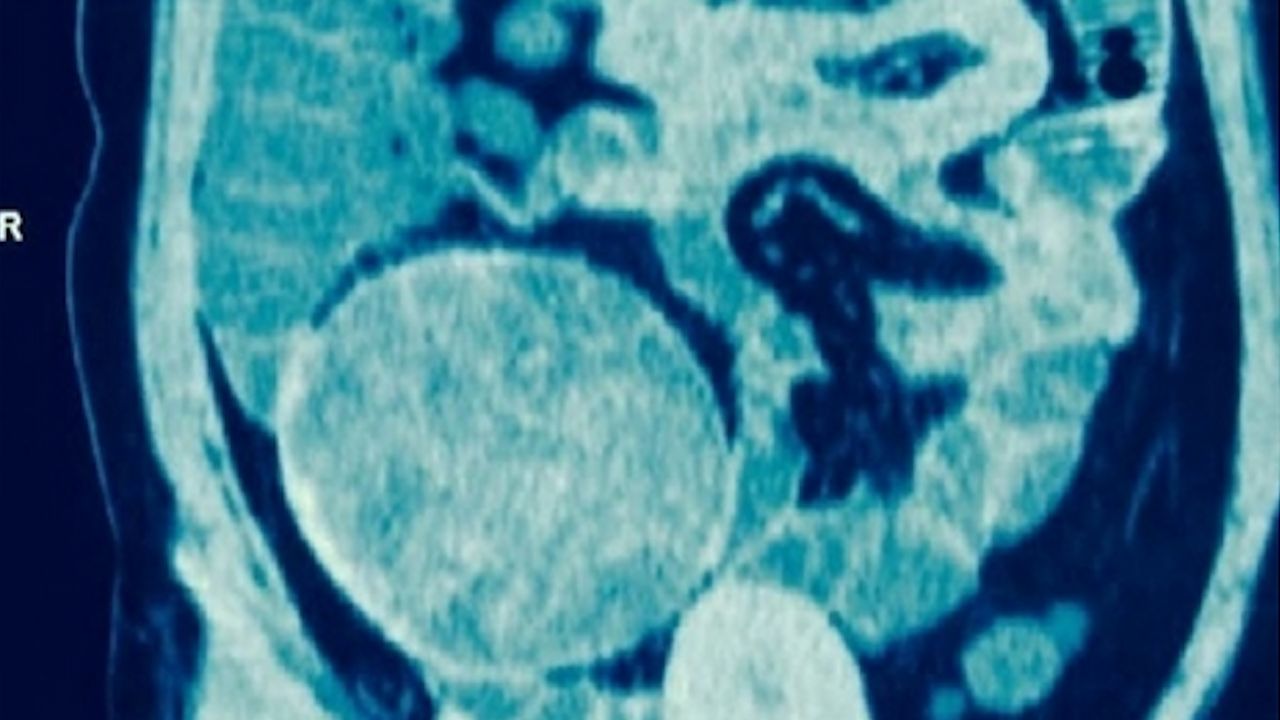Now Reading: Scientists Develop MRI Method to Gauge Aging Speed
-
01
Scientists Develop MRI Method to Gauge Aging Speed
Scientists Develop MRI Method to Gauge Aging Speed

### Swift Summary
– Researchers developed a machine learning tool using brain MRI data to measure biological aging and predict risks for age-related diseases.
– The study, published in *nature Aging*, analyzes brain regions’ structure and correlates findings with metrics of physical decline and facial aging, among others.
– Named “DunedinPACNI,” the model predicts risks of cognitive impairment, dementia, chronic conditions such as heart disease, diabetes, and early death based on MRI snapshots.
– data used originated from the Dunedin Study tracking over 1,000 participants born in New Zealand between 1972-1973.Additional validation was done using datasets from the UK Biobank (42,000 MRIs), Alzheimer’s Disease Neuroimaging Initiative (ADNI), and BrainLat (South America dataset).
– Results showed high accuracy in estimating aging rates across diverse datasets. Faster biological aging correlated with heightened health issues like frailty, stroke risk, COPD incidence, and mortality.
– The broader aim is to integrate this technology into routine diagnostics using widely available MRIs for earlier medical interventions aimed at improving outcomes.
For context: 
### Indian Opinion Analysis
The advancements in machine learning tools that assess biological aging through brain imaging reveal significant promise for proactive healthcare strategies worldwide. For India-a country grappling with an increasing burden of noncommunicable diseases such as diabetes and cardiovascular ailments-such technologies could potentially transform how preventive healthcare operates within its system.
With one of the largest elderly populations globally on track to double by 2050 alongside rising concerns about dementia-related illnesses due to insufficient geriatric care infrastructure or advanced diagnostic systems domestically-the integration of models like DunedinPACNI could enable early prioritization efforts targeting susceptible individuals within rural or underserved areas. However crucial outcomes depend pragmatically on scale affordability widespread tech familiar rolls adherence scientifically standardised Indian genomic populations adapted reflections compromise blanket caution implementing massively.
Read More: [Link](https://www.livescience.com/health/ageing/a-single-mri-can-reveal-how-quickly-youre-aging-scientists-claim)
























